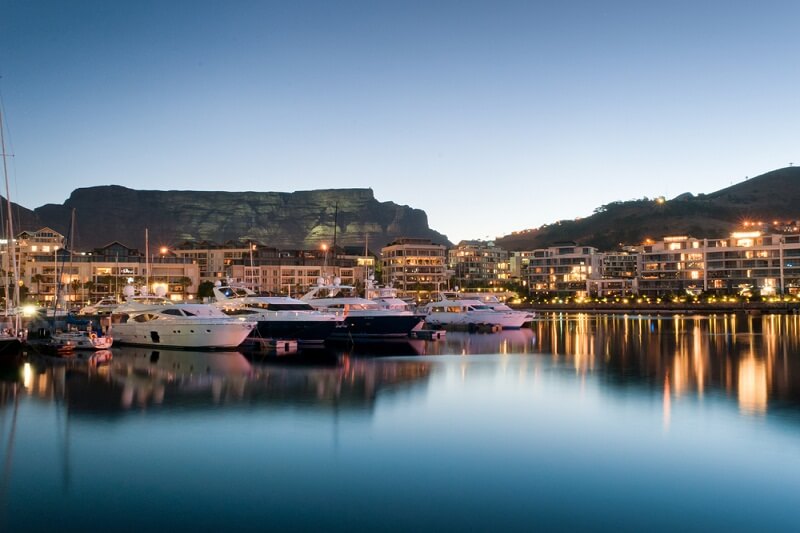Waterfront hotels are some of the most breathtaking travel destinations in the world. Yet, being located near the ocean makes them more vulnerable to rising sea levels.
Designing sustainable waterfront hotels is a growing trend around the world, and if you innovate early, you can insulate your property from storms and flooding.
Here are some sustainable design ideas for the post-pandemic tourism wave:
Go for “Glocalâ€
Globally, the hospitality industry is shifting towards “glocalization,†a blend of the best global and local practices.
For instance, traditional materials that are naturally suited to the weather and have been used for centuries to build flooring, roofs, and other areas can complement contemporary architectural designs.
Another great practice is to design the landscape using trees that are native to the region as opposed to uprooting them to grow lawns and non-native vegetation. This helps reduce soil erosion and damage during floods.
Beat the Storms
Natural disasters like storms pose a threat to waterfront hotels, and insulating your property against flooding is a strategic investment.
Introducing state-of-the-art drainage systems near parking lots and walkways, kitchen areas, and pools and spas can insulate flood-prone areas in your waterfront hotel.
Additionally, simple innovations like increased “flood zones†within the property, raising the height of property walls to contain surging water and elevating vulnerable areas, can help to minimize damage.
Shift to “Green-Infrastructureâ€
Waterfront hotels typically come with the best natural resource – the sun.
Investing in infrastructures like solar panels and solar water heating systems is a great way to make the shift to renewable.
The growing challenge of water scarcity in tourist destinations can be easily solved by installing industrial water filtration systems that enable recycling and reuse of water, making your property self-sufficient.
Another sustainable option is using industrial composting bins to convert large amounts of biodegradable waste into natural fertilizer for the plants and vegetation in your hotel. Typically, it would just go into a landfill.
These are a few sustainable designs for waterfront hotels that offer big savings in the long term. Looking for ways to innovate your waterfront hotel? Then contact Nikki Fox at Parkwest General Contractors at
Nikki@ParkwestGC.com. Our dedicated team is ready to answer all your questions.



